
This open book is the first compilation that reviews a wide range of social determinants of health (SDHs) for non-communicable diseases (NCDs) and healthy ageing in Japan. With the highest life expectancy and the largest elderly population in the world, Japan has witnessed health inequality by region and social class becoming more prevalent since t...

This open volume makes an important contribution to the ongoing research on hope theory by combining insights from both its long history and its increasing multi-disciplinarity. In the first part, it recognizes the importance of the centuries-old reflection on hope by offering historical perspectives and tracing it back to ancient Greek philosophy....

This open book not only describes the challenges of climate disruption, but also presents solutions. The challenges described include air pollution, climate change, extreme weather, and related health impacts that range from heat stress, vector-borne diseases, food and water insecurity and chronic diseases to malnutrition and mental well-being.The ...

This open book on the history of the National Radio Astronomy Observatory covers the scientific discoveries and technical innovations of late 20th century radio astronomy with particular attention to the people and institutions involved. The authors have made extensive use of the NRAO Archives, which contain an unparalleled collection of documents ...

This open book analyses the past, present and future of the technical university as a single faculty independent institution. The point of departure is a view of changing academic realities, through which the identity as a technical university is challenged and reconstituted. More specifically, the book connects the development of technical univers...
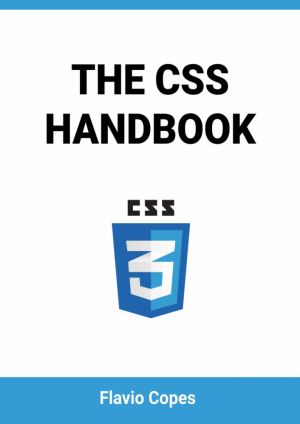
CSS, a shorthand for Cascading Style Sheets, is one of the main building blocks of the Web. Its history goes back to the 90's and along with HTML it has changed a lot since its humble beginnings.
This handbook is aimed at a vast audience.
- First, the beginner. I explain CSS from zero in a succinct but comprehensive way, so you can use thi...
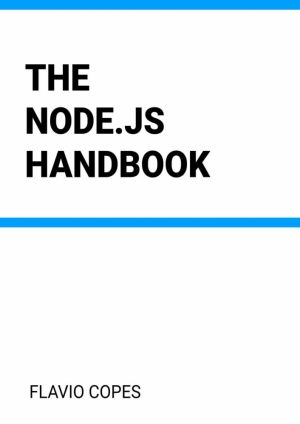
Node.js is built on top of the Google Chrome V8 JavaScript engine, and it's mainly used to create web servers - but it's not limited to that.
The Node.js Handbook follows the 80/20 rule: learn in 20% of the time the 80% of a topic. The author find this approach gives a well-rounded overview....
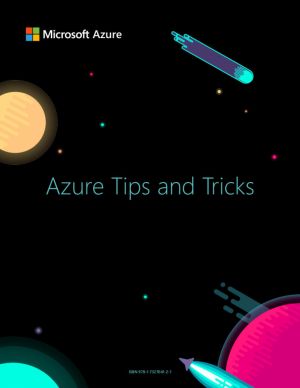
When I reflect back on Azure Tips and Tricks a year ago, I was only thinking that I'd write a couple of posts and move on. Fast-forward to today, the collection has grown to over 150+ tips, as well as videos, conference talks, and now an eBook spanning the entire universe of the Azure platform. What you are currently reading is a special colle...
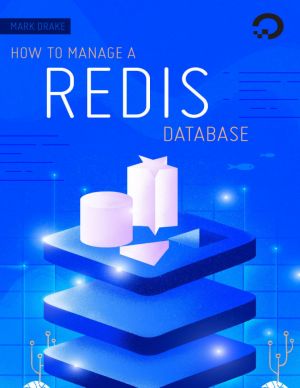
This book aims to provide an approachable introduction to Redis concepts by outlining many of the key-value store's commands so readers can learn their patterns and syntax, thus building up readers' understanding gradually. The goal for this book is to serve as an introduction to Redis for those interested in getting started with it, or k...
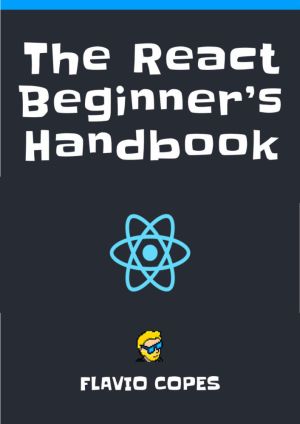
The React Beginner's Handbook follows the 80/20 rule: learn in 20% of the time the 80% of a topic. The author find this approach gives a well-rounded overview.
This book does not try to cover everything under the sun related to React. It focuses on the core of the language, trying to simplify the more complex topics. The author hopes the co...
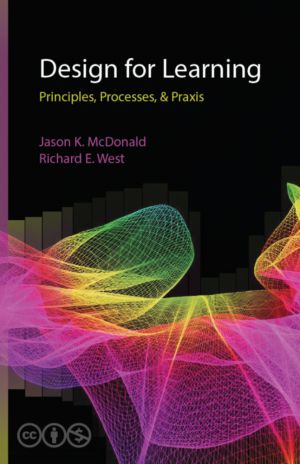
Our purpose in this book is twofold. First, we introduce the basic skill set and knowledge base used by practicing instructional designers. We do this through chapters contributed by experts in the field who have either academic, research-based backgrounds, or practical, on-the-job experience (or both). Our goal is that students in introductory ins...
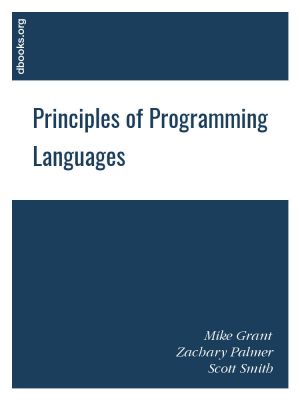
In this open book, our goal is to study the fundamental concepts in programming languages, as opposed to learning a range of specific languages. Languages are easy to learn, it is the concepts behind them that are difficult. The basic features we study in turn include higher-order functions, data structures in the form of records and variants, muta...
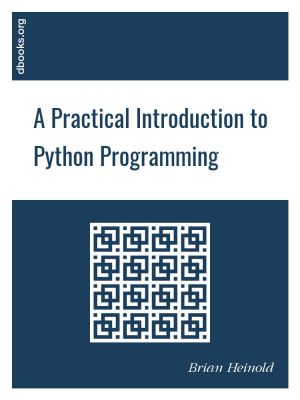
This book started out as about 30 pages of notes for students in my introductory programming class at Mount St. Mary's University. Most of these students have no prior programming experience, and that has affected my approach. I leave out a lot of technical details and sometimes I oversimplify things. Some of these details are filled in later ...
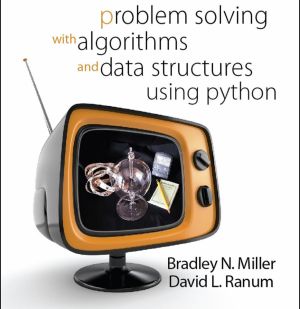
The study of algorithms and data structures is central to understanding what computer science is all about. Learning computer science is not unlike learning any other type of difficult subject matter. The only way to be successful is through deliberate and incremental exposure to the fundamental ideas. A beginning computer scientist needs practice ...

This original edited volume takes William Blake's aphorism as a basis to explore how British Romantic literature creates its own sense of time. It considers Romantic poetry as embedded in and reflecting on the march of time, regarding it not merely as a reaction to the course of events between the late-eighteenth and mid-nineteenth centuries, ...

A stark departure from traditional philology, What is Authorial Philology? is the first comprehensive treatment of authorial philology as a discipline in its own right. It provides readers with an excellent introduction to the theory and practice of editing 'authorial texts' alongside an exploration of authorial philology in its cultural ...

How do university finances really work?
From flagship public research universities to small, private liberal arts colleges, there are few aspects of these institutions associated with more confusion, myths or lack of understanding than how they fund themselves and function in the business of higher education. Using simple, approachable explanati...

The author wrote this open book to help you move from pre-ES6 knowledge of JavaScript and get you quickly up to speed with the most recent advancements of the language.
JavaScript today is in the privileged position to be the only language that can run natively in the browser, and is highly integrated and optimized for that.
The future of JavaScr...
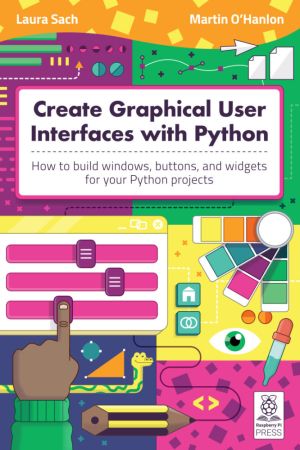
Add buttons, boxes, pictures and colours and more to your Python programs using the guizero library, which is quick, accessible, and understandable for all.
This 156-page book is suitable for everyone, from beginners to experienced Python programmers who want to explore graphical user interfaces (GUIs).
There are ten fun projects for you to c...
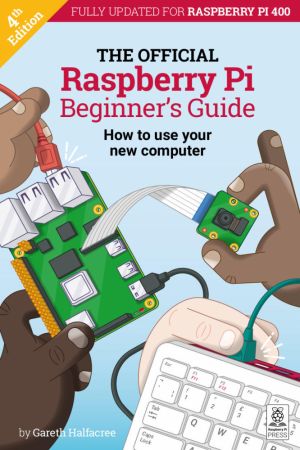
Fully updated for Raspberry Pi 400, Raspberry Pi 4, and the latest software, this 252-page official Raspberry Pi book is crammed with projects and beginner's guides containing all the information you need to get started using your new computer!
Learn how to set up your Raspberry Pi, install an operating system, and start using it. Follow st...
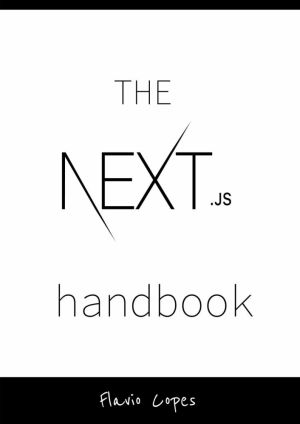
The author wrote this open book to help you quickly learn Next.js and get familiar with how it works.
The ideal reader of the book has zero knowledge of Next.js, has used React in the past, and is looking forward diving more into the React ecosystem, in particular server-side rendering.
I find Next.js an awesome tool to create Web Application...
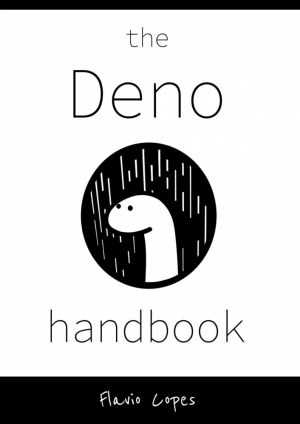
Deno is a runtime for JavaScript and TypeScript that is based on the V8 JavaScript engine and the Rust programming language.
The Deno Handbook follows the 80/20 rule: learn in 20% of the time the 80% of a topic. In particular, the goal is to get you up to speed quickly with Deno....
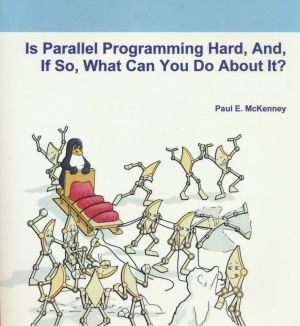
The purpose of this book is to help you program shared-memory parallel systems without risking your sanity. Nevertheless, you should think of the information in this book as a foundation on which to build, rather than as a completed cathedral. Your mission, if you choose to accept, is to help make further progress in the exciting field of parallel ...
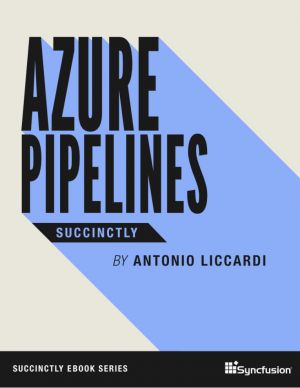
Azure Pipelines, a component of the Azure DevOps suite, helps software development teams manage building, testing, and deploying their products. In Azure Pipelines Succinctly, author Antonio Liccardi covers the basics of what a pipeline is and what it can do before providing a thorough rundown of Azure Pipelines in action. From creating your first ...
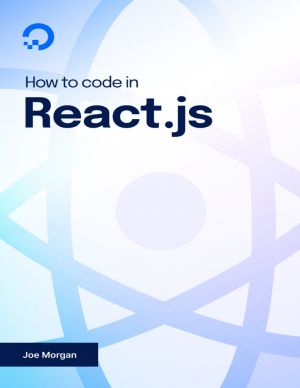
This open book is an introduction to React that works from the foundations upward. Each chapter takes you a little deeper into the React ecosystem, building on your previous knowledge. Along the way, you'll learn how to maintain internal state, pass information between parts of an application, and explore different options for styling your app...
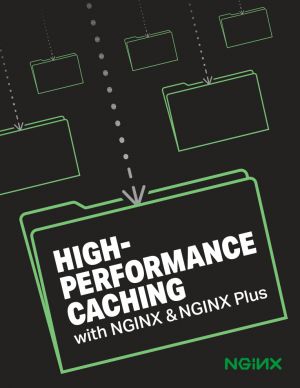
You can cache static assets - more than half the payload needed to respond to many web requests - and even application‑generated web pages (whether partial or complete). And you can use cache clusters and microcaching to increase the caching capability of your web applications while simplifying implementation and reducing operational complexity.
...
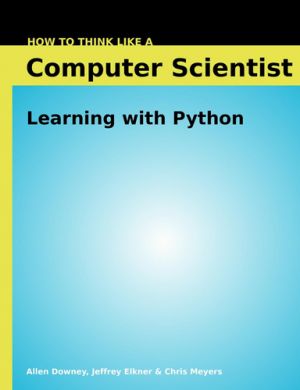
How to Think Like a Computer Scientist: Learning with Python - is an introduction to computer science using the Python programming language. It covers the basics of computer programming, including variables and values, functions, conditionals and control flow, program development and debugging. Later chapters cover basic algorithms and data structu...
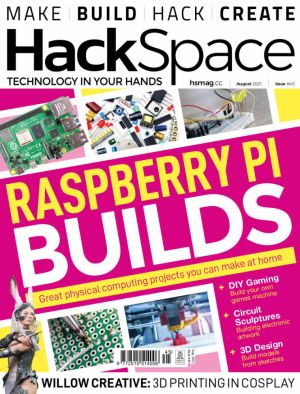
This issue we're paying homage to some of our favourite projects built on the Raspberry Pi. We're living in a golden age for experimentation, accessible making and digital discovery - and a large part of that is thanks to this teeny tiny computer. Just add imagination!
- How one maker achieved perfection (yes, really!) by embracing fai...
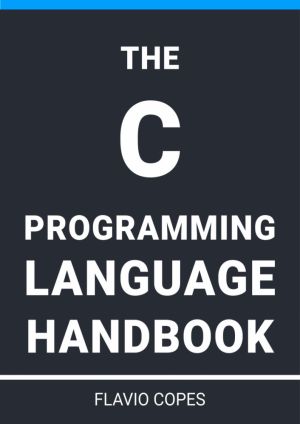
C is a general-purpose, procedural computer programming language supporting structured programming, lexical variable scope, and recursion, with a static type system.
The C Programming Language Handbook follows the 80/20 rule: learn in 20% of the time the 80% of a topic. In particular, the goal is to get you up to speed quickly with C....
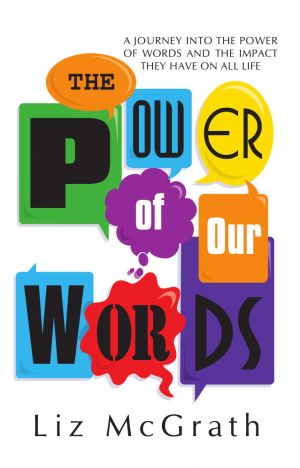
Do you know that an empowering word can spark ideas, open doors, change attitudes, and create solutions?
Words can do all these things and much more. They have the potency to redefine personalities, lives, and entire communities. Just think of some of the things words are used for every day:
- To communicate a message
- To express a feeling
-...
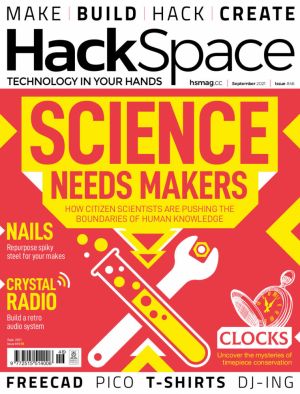
Anyone can be a scientist, and this issue we'll show you how. Whether you're interested in space, traffic, the oceans, or something else, there's a citizen science project for you. The world has never been more connected - so let's use that connectivity to make our planet better!
- We talk to a real-like scientist about the e...
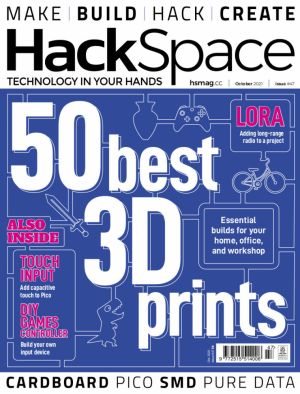
If your 3D printer is looking a little dusty and unloved, now's the time to put it to work: we've 50 of the best 3D prints to improve your home, office, workshop and more. From functional to frivolous, we've got ideas for you. It's time to unleash the awesome power of your printer!
- Oskitone: where 3D printing meets analogue...
